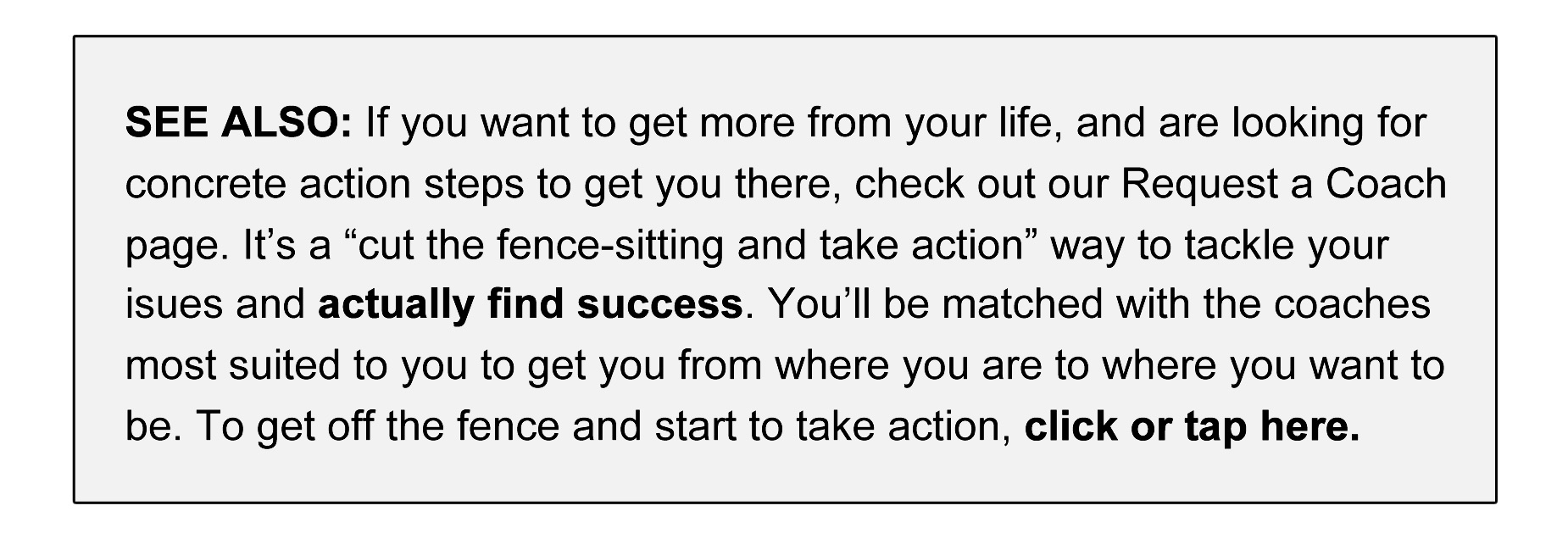
What is Mindfulness?
Mindfulness is the deliberate practice of observational thought. It's a powerful concept when put into practice. By training our minds to observe before reacting, we can increase success in any area and reduce our stress.
The workplace can be a challenging place. We spend a great deal of time at work. We have colleagues, superiors, or subordinates that we work well with, as well as those we may need some assistance with.
This article talks about managing difficult relationships in the workplace. The goal first and foremost, is to do our jobs, while making sure not to bring home the stress our jobs generates. This may come as a surprise to some, as one might say mending relationships and not looking bad would be the more critical goal.
However, by observing our interactions and reactions to others, we can prevent and become much less reactive to situations that would cause the need for intervention. Once a third party has to intervene, this means you're making the problem worse.
When you need to be mindful
Mindful preparation for certain issues can be necessary if we find ourselves in a non-productive situation. This might take the form of:
- Being given a dirty look
- Being spoken to with an edge in one's tone
- Having our work criticized
- Being excluded from department camaraderie
- Fearing loss of a job
- Receiving an email or text with a biting or aggressive tone
How mindfulness can help you
Employing mindfulness observation can reduce our reactive tendencies. Mindfulness can actually prevent the expected reaction. Without confusing prevention with paranoia or pessimism, here's some internal dialog we should try:
What emotions might course through me if I'm spoken to sharply?
- Fear, hurt, surprise, shock.
What physical sensations might I notice?
- Likely a rapid heart rate and the feeling of blood leaving my face.
What is my potential reaction if I’m not mindfully regulated?
- I might notice a feeling of wanting to return the tone of voice.
- I might notice a fear of my own reaction, making the situation worse.
- I'm mindfully aware of these potential reactions. I watch for them proactively so that I can guide them down if and when they come. That's the key...guide them down.
This is the type of dialog that can prepare us, without unnecessarily upsetting us. If you are a highly reactive person and you employ mindfulness in this way, it can give great and surprising relief!
Practice being mindful
We can practice this newfound mindfulness by noting what our previous reaction would have been and observing it in relation to the actual reaction. Although this can be a means of praising ourselves, the intent is to have it be a mindful observation of the change. Praise and feeling good can come after the exercise has proven successful. Simply praising ourselves and feeling that sense of joyful relief won't be enough to condition our minds to stay naturally less reactive to unpleasant situations.
The beauty of mindfulness is that when practiced, it can apply to any area of our lives. This way we don't have to reinvent the wheel for each problem. If we are less reactive in one area, we can be less reactive in another, provided our mindful stance is still there.
More information about the techniques are in my eBook. There is a sample attached in another article on my profile.
Be aware of your mindfulness
What can happen though, is we feel so effective in one area, that we forget that the same techniques can apply to any and all areas. With that said, this is where the danger lies...not only must we be mindful when doing the exercises for the issues, but we must be mindful of changing situations and the change in techniques needed.
For example, although mindfulness was the healing factor in my getting through my mother's death, it did little in preventing the extreme upset I later experienced in a difficult relationship. I had simply forgotten that the techniques and transferable and interchangable. We don't have to go about every minute of the day looking for ways to apply our mindfulness. But we must be cognizant that we may need to reach into that toolkit at some point.
An effective stance might be, "I'm noticing my mindfulness. I'm mindfully aware that things may present themselves that might require immediate mindful action." This is probably the most effective way to do this, as it keeps us in a purposeful stance, without putting us in a paranoid, pessimistic, guarded stance.
Again, let’s not reinvent the wheel. Grief comes from a place of loss. So does the ending of a relationship. They both create feelings of extreme sadness. The emotional regulation exercises for these two types of upsets could be similar. We can make mindful statements of what the emotions are and describe them in detail, without semantics that puts the grief inside of us. We want to view it from the inside out.
The same holds true for negative feelings brought on by being overweight or by not being able to quit smoking. They are definitely a different level of intensity, whatever the upsetting feelings are. There might not be grief, but there may be a sense of failure that can lead to depression. Not being able to stop smoking may instill fear, an emotion that needs to be managed. Job loss also creates fear, for which mindfulness dialog can help.
That’s the wonderful thing about this practice. It can be applied to anything we want it to be. It can be applied to simple things, such as noticing on purpose, the lovely weather. It doesn’t have to be negativity we are noticing and trying to temper.
Becoming part of a positive experience, mindfully, can enhance that positive experience. It can increase our concentration in a skill we are trying to develop, and bring us closer to our ideal selves.




























COMMENTS